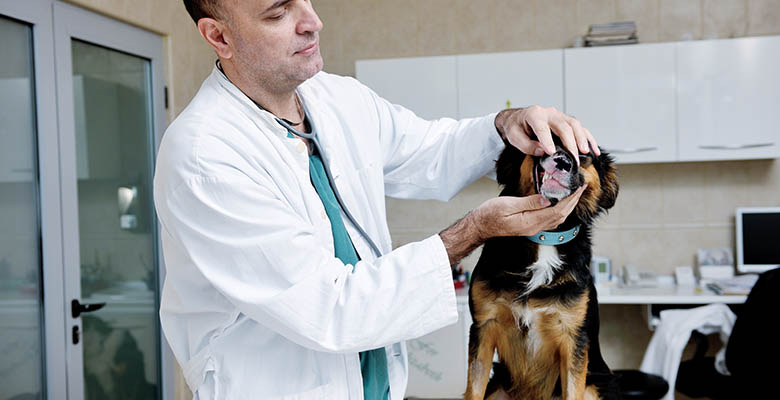Expert Tips On How To Take Care Of Your Pets

Do you have pets in your home? You should take good care of them for them to not only be healthy, but to also keep your family healthy too. Remember, when the pets are sick, chances are that they will spread the disease to your family members. Here are tricks to keep your pets healthy:
Give them a healthy diet
Not all food is ideal for your furry friends. Just like humans, the pets will benefit nutritionally when you give them whole, fresh foods. For you to have more control over what goes in the foods, prepare the foods by yourself. This calls for you to prepare the foods at home instead of buying them.
As rule of thumb, avoid gluten-packed commercial foods as they are not only unhealthy for the pets, they have also been shown to cause allergies to dogs and cats.
While you are looking for the right diet for your pets, don’t forget about nutritional supplements. Give the pets omega-3 and omega-6 supplements. To ensure that your friends get enough vitamins and minerals, give them supplements rich in these nutrients.
Cancer is common in pets too; therefore, you should give them foods rich in antioxidants. The role of the antioxidants is to reduce the amount of harmful free radicals in the cells. In addition to the antioxidants preventing cancers, they have also been shown to prevent cellular stress.
You should note that not all antioxidant foods or supplements are ideal for your pet. To be on the safe side, always get the input of a veterinary officer on the best options to go for.
Vaccinate the pets with care
You need to vaccinate your animals for you to keep them healthy. Some people make the mistake of over vaccinating them which puts their lives in danger. To protect the pets be cautious of the vaccines that you give them.
As rule of thumb, you should vaccinate the pets for the “core” diseases. Do this within 8 ½ and 10 weeks of birth. Avoid vaccinating them earlier than this as the chances are high that the vaccines will be neutralized by the kitten or puppy’s leftover maternal immunity.
In addition to this, the vaccines often contain other materials and preservatives such as fetal calf serum, mercury, and additives that can be harmful to the young pet.
You don’t need to vaccinate your furry friends against non-core diseases. The need depends upon the exposure risk of where you live and your lifestyle. For example, if you live in an area where incidences of given diseases are known, you should go ahead and vaccinate your pet against it.
Rabies vaccine is one of the most common vaccinations that you should give your dog. You should give it separately from the other vaccines. For ideal results, give it after 24 weeks of birth.
As mentioned above, most of the pets are over vaccinated. One of the main mistakes that many pet owners make is to administer booster vaccines every year. You don’t need to administer the boosters. If your pet has already been vaccinated, there are few chances that it will get sick.
If you are worried about your pet, the best way of going about it is taking serum antibody vaccine titers. This way you will be able to determine the pet’s immunity and if low, your veterinary officer will guide you on how to go about it.
Keep them active
As much as most people have pets, studies show that they rarely spend time with them. This is due to the busy lifestyles. Most people simply lock their pets in the house and go about their business. Don’t do this.
Do you want to keep your pets healthy? Keep them stimulated both physically and mentally. This calls for you to regularly walk them. If you are out of the home most of the time, when you come back in the evening, take the time to play with them. This will stimulate them physically.
When you are leaving the pets alone, leave the television on. You can also have a covered aquarium or soothing music playing on the background. This is to keep the pets stimulated mentally.




















